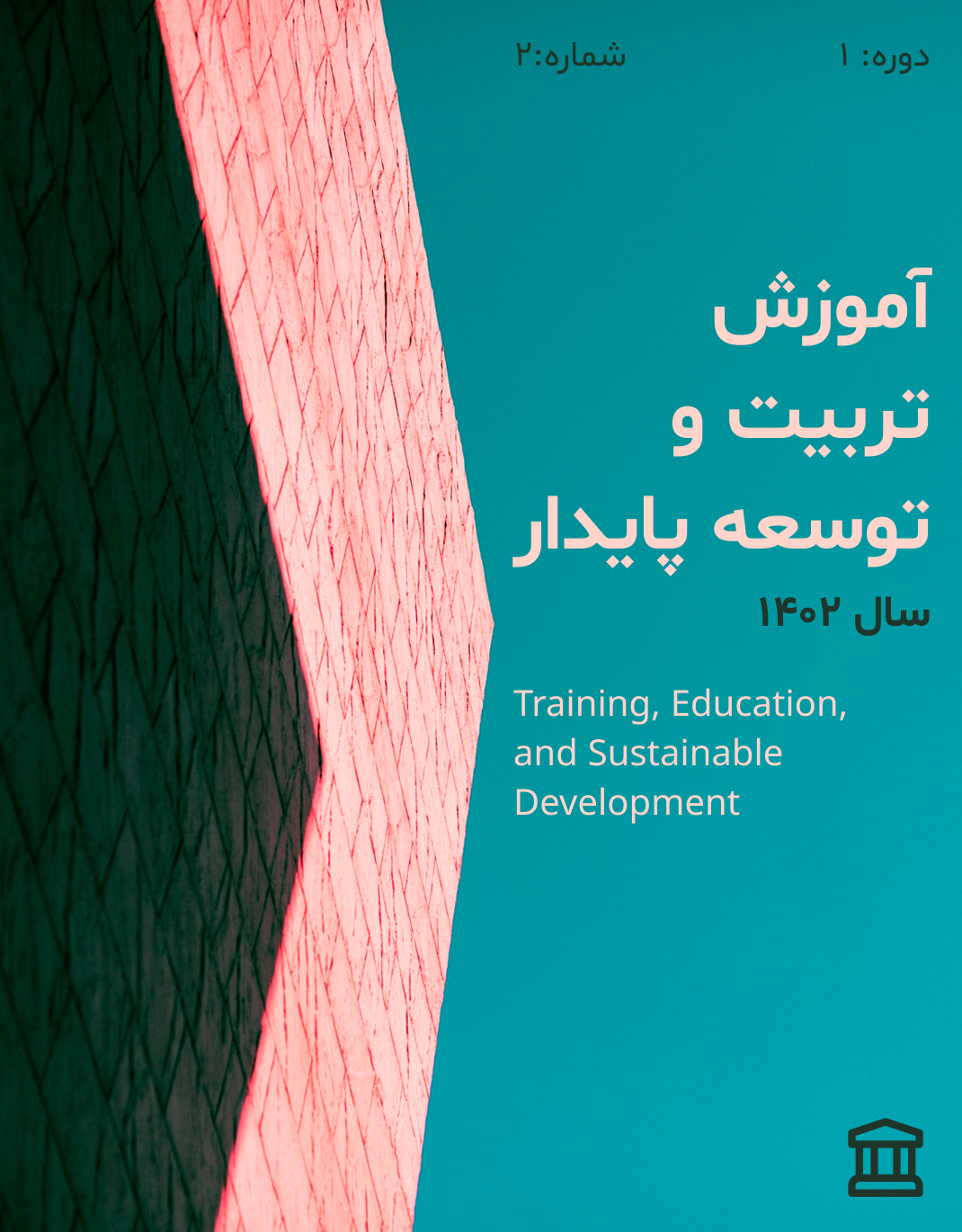Identifying the Components of Environmental Education in Urban Families
Keywords:
Environmental education, urban families, environmental attitudes, informal learning, thematic analysis, eco-parentingAbstract
This study aimed to identify the components of environmental education within urban families, focusing on how Tehranian parents transmit environmental values, attitudes, and behaviors to their children. Using a qualitative design based on interpretive phenomenological analysis, data were collected through semi-structured interviews with 25 parents residing in Tehran with school-aged children. Participants were selected through purposive sampling to ensure maximum diversity. Interviews continued until theoretical saturation was achieved. Data were analyzed using thematic analysis with the aid of NVivo software. Thematic analysis revealed three main categories: “Parents’ Attitudes and Beliefs,” “Parental Educational Practices and Behaviors,” and “Barriers and Challenges to Environmental Education.” Each category included multiple subthemes and codes, reflecting the layered and complex nature of environmental education in urban families. The results indicated that parents mainly rely on behavioral modeling, daily-life participation, dialogue, and digital tools to convey environmental concepts. Additionally, factors such as consumerist lifestyles, inadequate urban infrastructure, and lack of formal education were identified as key obstacles. Environmental education within urban families is a dynamic and context-dependent process shaped by parental value systems, environmental conditions, and socio-cultural structures. To enhance this process, strategies such as parent empowerment programs, improved urban infrastructure, and targeted educational content development are recommended.
Downloads
References
Chawla, L., & Cushing, D. F. (2007). Education for strategic environmental behavior. Environmental Education Research, 13(4), 437–452.
Evans, G. W., Brauchle, G., Haq, A., Stecker, R., Wong, K., & Shapiro, E. (2007). Young children’s environmental attitudes and behaviors. Environment and Behavior, 39(5), 635–659.
Grønhøj, A., & Thøgersen, J. (2012). Action speaks louder than words: The effect of personal attitudes and family norms on adolescents’ pro-environmental behavior. Journal of Economic Psychology, 33(1), 292–302.
Hards, S. K. (2013). Status, stigma and energy practices in the home. Local Environment, 18(4), 438–454.
Otto, S., & Pensini, P. (2017). Nature-based environmental education of children: Environmental knowledge and connectedness to nature, together, are related to ecological behaviour. Global Environmental Change, 47, 88–94.
Rickinson, M. (2001). Learners and learning in environmental education: A critical review of the evidence. Environmental Education Research, 7(3), 207–320.
Yavari, A. R., Farhadi, M., & Esfandiari, M. (2020). Investigating the role of family in environmental education: A case study in urban Iran. Iranian Journal of Environmental Education, 12(1), 15–32.
Downloads
Published
Submitted
Revised
Accepted
Issue
Section
License

This work is licensed under a Creative Commons Attribution-NonCommercial 4.0 International License.


